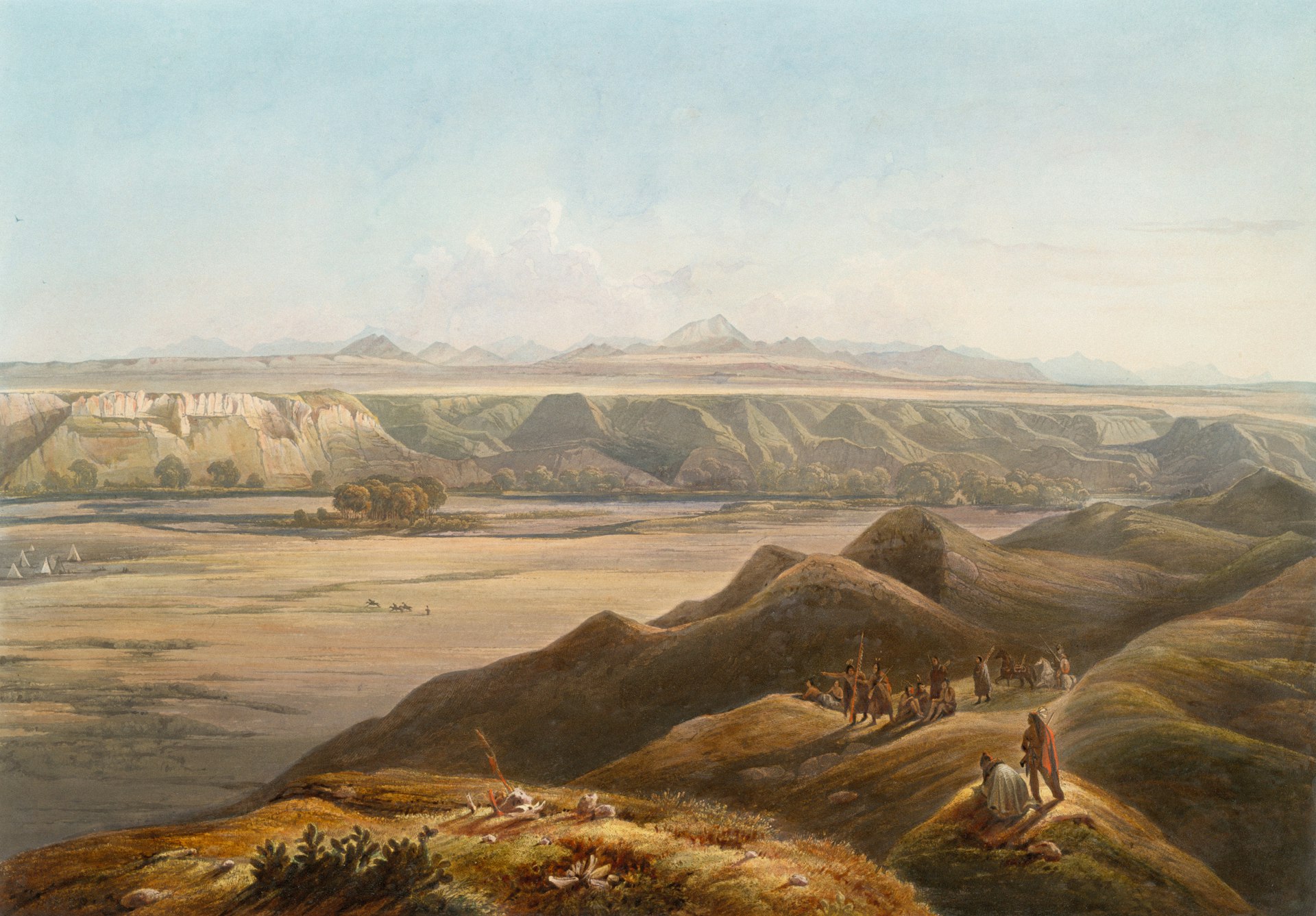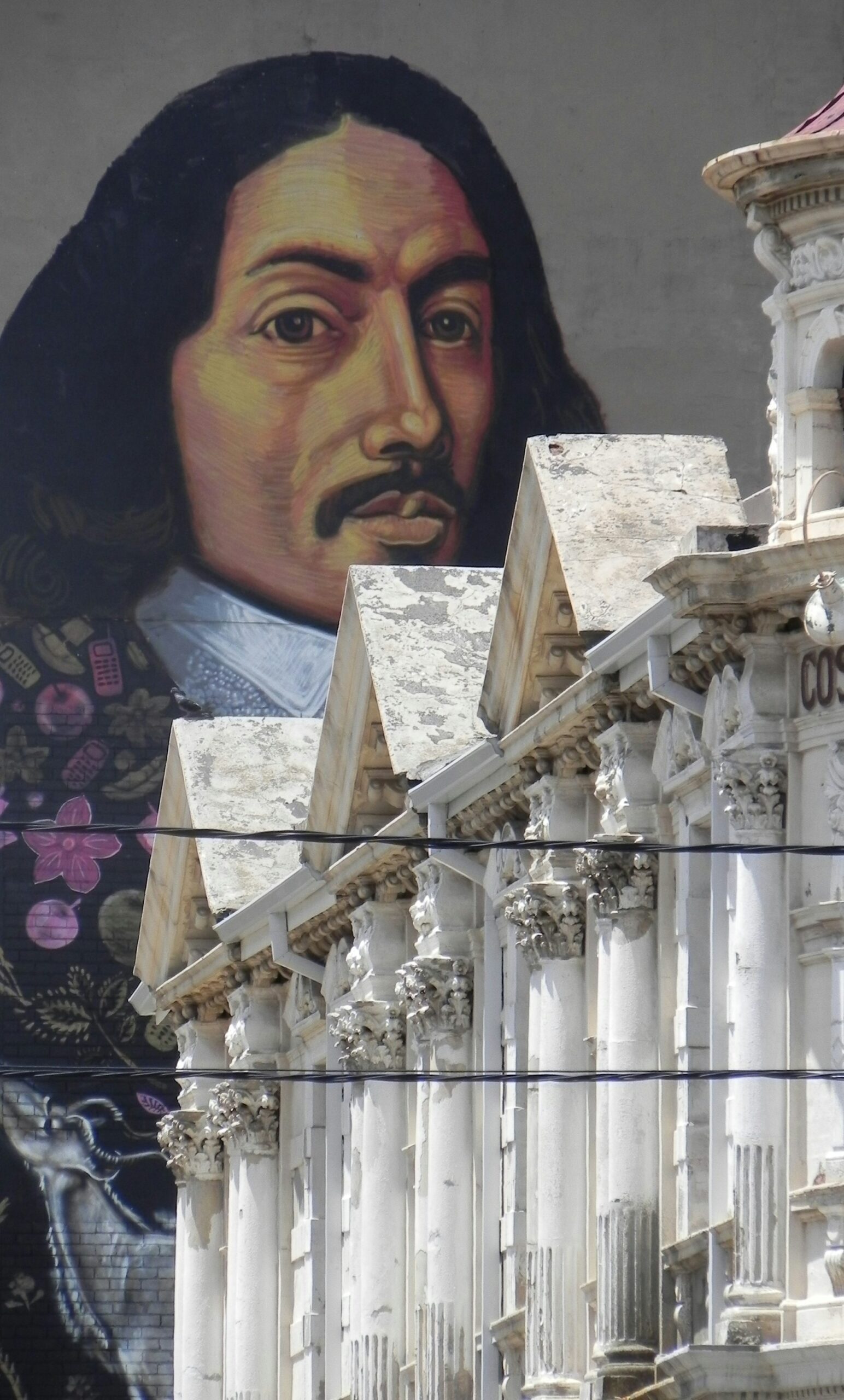Tracing the Historical Roots of Democracy: From Ancient Origins to Modern Institutions

Photo by Art Institute of Chicago on Unsplash
Introduction: Understanding the Foundations of Democracy
Democracy, often celebrated as the cornerstone of modern governance, has a history that stretches back thousands of years. While many associate its origins with ancient Greece, the reality is more nuanced and global. This article delves into the historical roots of democracy, tracing its evolution from prehistoric societies to classical antiquity, and provides practical guidance for engaging with democratic processes in today’s world.
Prehistoric and Early Forms of Collective Decision-Making
Long before the emergence of formal states, small bands of hunter-gatherers practiced proto-democratic decision-making. Anthropologists describe these early forms of governance as “primitive democracy,” where groups-often closely linked by familial ties-reached decisions through consensus or majority without centralized authority. Such systems are still observable in some indigenous societies today [1] . Key features included face-to-face discussions, councils of elders, and shared leadership, providing a foundation for later democratic innovations.
To learn more about modern examples of consensus-based governance, you can consult reputable anthropology texts or visit the websites of major universities’ anthropology departments. These resources typically offer research on indigenous governance and participatory models that predate formal democracy.
Ancient Greece: The Birthplace of Democracy
In Western tradition, democracy is most closely linked with ancient Greece. The city-state of Athens, between the 6th and 4th centuries BCE, is often credited with developing the earliest and most influential form of democracy. While other Greek city-states experimented with various government structures, Athens stands out for its emphasis on political participation by ordinary citizens [2] .
Notable reformers such as Solon, who in the early 6th century BCE curbed aristocratic power and expanded citizens’ rights, and Cleisthenes, who restructured the political system to give more Athenians a voice, laid the groundwork for Athenian democracy. Cleisthenes’ reforms in 508 BCE, including the creation of the Council of 500 and the division of citizens into tribes, are considered pivotal moments. However, it is important to note that participation was limited to free male citizens-excluding women, slaves, and foreigners [3] .
If you are interested in primary historical texts or academic interpretations of Athenian democracy, major university libraries and established online encyclopedias offer accessible resources. Searching for “Athenian democracy academic resources” will yield detailed scholarly analyses.
Ancient Rome: Republican Innovations
Democratic concepts also emerged independently in ancient Rome, particularly with the establishment of the Roman Republic after 509 BCE. The Roman Republic featured a complex system with elected officials, including consuls and a senate, allowing citizens-albeit a limited subset-to participate in governance. While not a direct democracy like Athens, Rome’s model influenced later representative systems and introduced checks and balances that continue to shape modern institutions [4] .
To further explore how Roman law and governance contributed to modern democracy, the official websites of major museums or academic history portals provide curated articles and digital exhibits. For example, searching for “Roman Republic government resources” on established museum or educational sites can yield in-depth information.
Beyond the West: Global Traditions of Participatory Governance
Though ancient Greece and Rome are often spotlighted, many regions developed their own forms of participatory governance. Some African kingdoms, indigenous American societies, and early Asian polities employed councils, assemblies, or consensus-based decision-making. For example, the Iroquois Confederacy in North America practiced a sophisticated council system, influencing later democratic ideals [1] .
To access resources on non-Western democratic traditions, consider searching academic databases or reputable history organizations for “indigenous democracy” or “precolonial governance systems.” Museums with ethnographic collections may also provide learning opportunities about these diverse forms of governance.

Photo by Europeana on Unsplash
Medieval Transformations and the Revival of Democratic Ideals
During the Middle Ages, democratic principles largely receded in Europe, replaced by feudal hierarchies and monarchies. However, certain institutions like town councils and guild assemblies preserved elements of collective decision-making. In the 17th and 18th centuries, democratic concepts resurfaced with new vigor, inspired by philosophical movements such as the Enlightenment and revolutionary events like the American and French Revolutions [3] .
For those wishing to explore the evolution of democracy during these periods, you can consult the websites of national archives, major history museums, or established educational publishers. Searching for “Enlightenment and democracy resources” or “history of town councils” will provide credible starting points.
Modern Democracy: Principles and Participation
Modern democracy is typically representative, allowing citizens to elect officials who make decisions on their behalf. Key elements include free and fair elections, the protection of individual rights, and the rule of law. These principles trace their lineage to both ancient and early modern innovations, adapted to the needs of contemporary societies [5] .
To actively participate in modern democratic systems, individuals can:
- Register to vote through your country’s official electoral commission. In the United States, visit your state’s official election board website. For other countries, search for the “official electoral commission” or equivalent agency.
- Attend local government meetings, which are often open to the public and listed on municipal websites. Searching for your city or town’s official site will typically yield meeting schedules and participation guidelines.
- Engage with civic organizations that promote democratic participation. Many nonpartisan groups offer educational materials and forums-visit their official sites by searching their established names.
If you are unsure how to get involved, consider contacting your local government office, community center, or public library for guidance on registering to vote and participating in public decision-making processes.
Common Challenges and How to Overcome Them
While democracy offers many benefits, it also faces challenges such as voter apathy, misinformation, and barriers to participation. Solutions include promoting civic education, supporting transparent institutions, and using technology to increase access. Many organizations provide resources to help citizens become informed voters and engaged community members. To locate these, search for “civic education programs” or “voter information resources” on reputable educational and governmental platforms.
Alternative Pathways and Continued Learning
If traditional democratic participation is difficult due to legal, geographic, or other barriers, alternative approaches such as community organizing, advocacy groups, and digital forums can offer meaningful engagement. Reputable NGOs and community foundations often provide information on these pathways. For further study, major university courses on political science and open-access lectures are widely available online-search for “online democracy courses” from established institutions.
Conclusion: Embracing the Legacy and Promise of Democracy
The story of democracy is one of adaptation, resilience, and global diversity. Understanding its historical roots empowers citizens to recognize the value of participation and to seek out avenues for meaningful engagement. By learning from the past and utilizing the many resources available today, everyone can play a role in shaping vibrant, inclusive democratic societies.
References
[1] Wikipedia (2023). History of Democracy – Overview of democratic development globally. [2] LifeStyleDemocracy.com (2021). Democracy has ‘old’ roots, but they go beyond those of ancient Greece. [3] Biblical Archaeology Society (2022). The Origins of Democracy – From Sparta to Athens. [4] History Matters (2021). What is Democracy and Where Did it Start? (YouTube Video) [5] Encyclopedia Britannica (2023). Democracy – Historical Development and Modern Forms.



